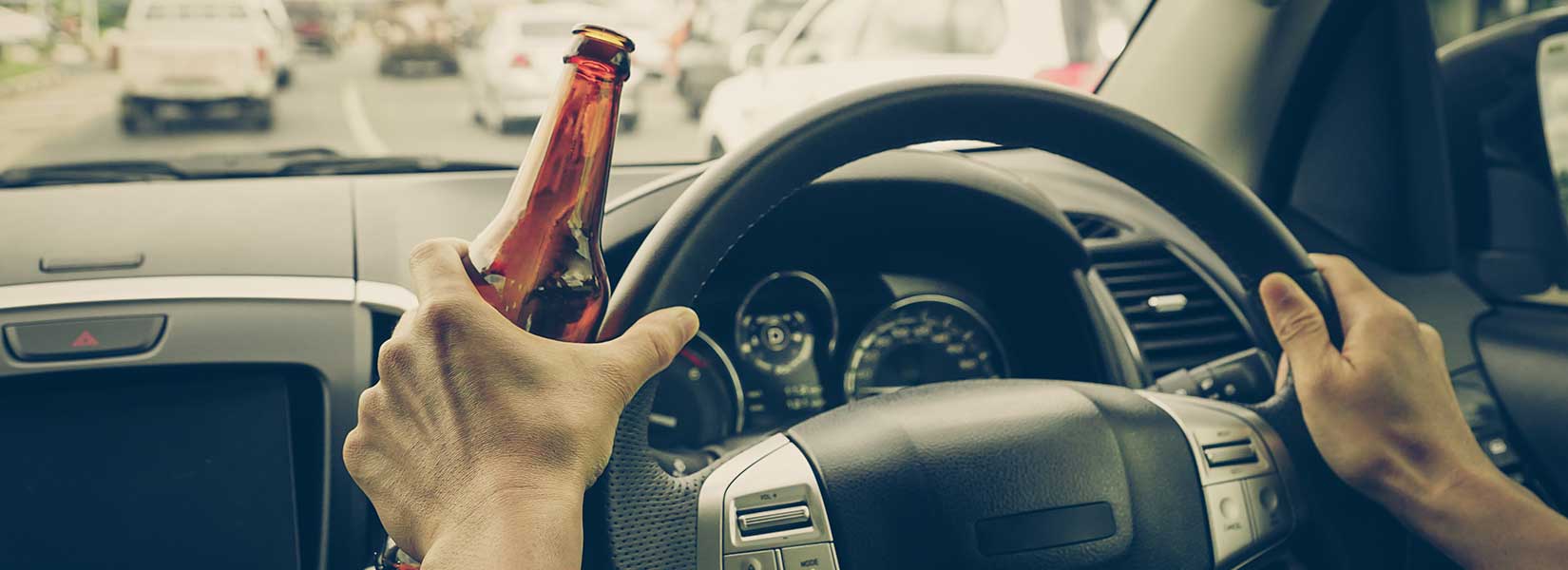Why Drunk Driving Consequences Don’t Stop Alcohol Abusers
Most people have a DUI on their record, right? Wrong. In North Carolina, about 30,000 people were arrested for drunk driving. That’s 30,000 people in a state that has a population of over 10 million. DUIs are not as commonplace as many people make them out to be if you have a DUI, it’s likely that you need some help.
Does getting a DUI mean you’re an alcoholic? No. Does it mean you must immediately go to recovery? Kind of, many DUIs come with the consequence of mandatory alcohol classes.
A quick overview, a conviction of Driving Under the Influence will likely come with these penalties for a first-time offense:
- 1 to 60 days in jail
- Up to $200 in fines
- License suspension
- Substance abuse treatment
- Alcohol education classes
- Probation
To many who have experienced the havoc of a drunk driving accident, these are not severe consequences. It’s no wonder that a first-time offender wouldn’t stop drinking. An aggravated level one DUI, which is a DUI with a BAC over .15, driving with a minor in the car, or past DWI convictions only comes with 1-3 years in jail and fines of a few thousand dollars.
Legal Consequences Don’t Outweigh Withdrawals
Without a doubt, harsher consequences would still not deter people with Alcohol Use Disorder from abusing alcohol. The problem runs deeper than the legal consequences.
For a person abusing alcohol to stop, they must go through withdrawals and face the many aspects of their abuse that has impacted their lives. Legal consequences, financial penalties, and attending classes simply won’t make that happen.
Most DUIs Don’t Come with Jail Time
DUIs can indeed come with jail time, but most come with a single night in a holding cell. Not only does that outrage many alcohol abusers, but it doesn’t give them time for all of the alcohol to come out of their system.
People who abuse alcohol regularly will begin to go through withdrawal symptoms after two days. Those who abuse alcohol and are held on a DUI charge will not feel these symptoms before they’re released.
Any jail time served after the initial holding will likely come with a fair amount of warning. Then that time will not offer the person a chance to go through withdrawals under medical care.
Fines Are Relatively Easy to Waive
Judges will often place financial penalties on DUI charges, and in cases of civil cases, punitive damages paid to the plaintiff. These are meant to harm the alcohol abuser. However, they come with an unintended consequence: further alcohol abuse.
Those who abuse alcohol are often under financial stress already. Turning to alcohol as a way to escape stress and problems of daily life is common within the drug and alcohol use community.
So, adding financial burden will likely send those with Alcohol Use Disorder toward their crutch more than it will keep them away. Fines are often seen as punishment for going through the system. It may even push alcohol abusers to become higher functioning, to drink at home, or to avoid risky behaviors for only a short time.
Alcoholism Classes Contain Others in Similar Situations
Alcohol awareness classes, MADD classes, and the similar are not the same as group meetings or therapy. In therapy sessions, there is a moderator to ensure that all conversation is constructive in one way or another.
In group meetings, everyone in attendance is either directly impacted by drug or alcohol abuse or in recovery. These classes instead bring together many people who don’t believe they have a problem, genuinely don’t have Alcohol Use Disorder, and are usually mad that they’re attending the class.
These classes only work to bring together people who have no interest in treatment. It creates an environment where people can network directly in relation to their alcohol use. Overall these classes do not always do good.
Although to the general public it seems like harsh punishments should stop alcoholics in their tracks, recovering abusers know that there are other issues at hand. Not only can drunk driving consequences lead to yo-yo-ing between sobriety and alcohol abuse, but it can bring in other harmful behaviors.
Working with Rehab Carolinas, you can learn more about what it takes to start a meaningful recovery. Whether you need help or someone close to you has experienced the consequences of drunk driving. Recovery options are available. Call, or visit Rehab Carolinas to start your journey to sobriety.
